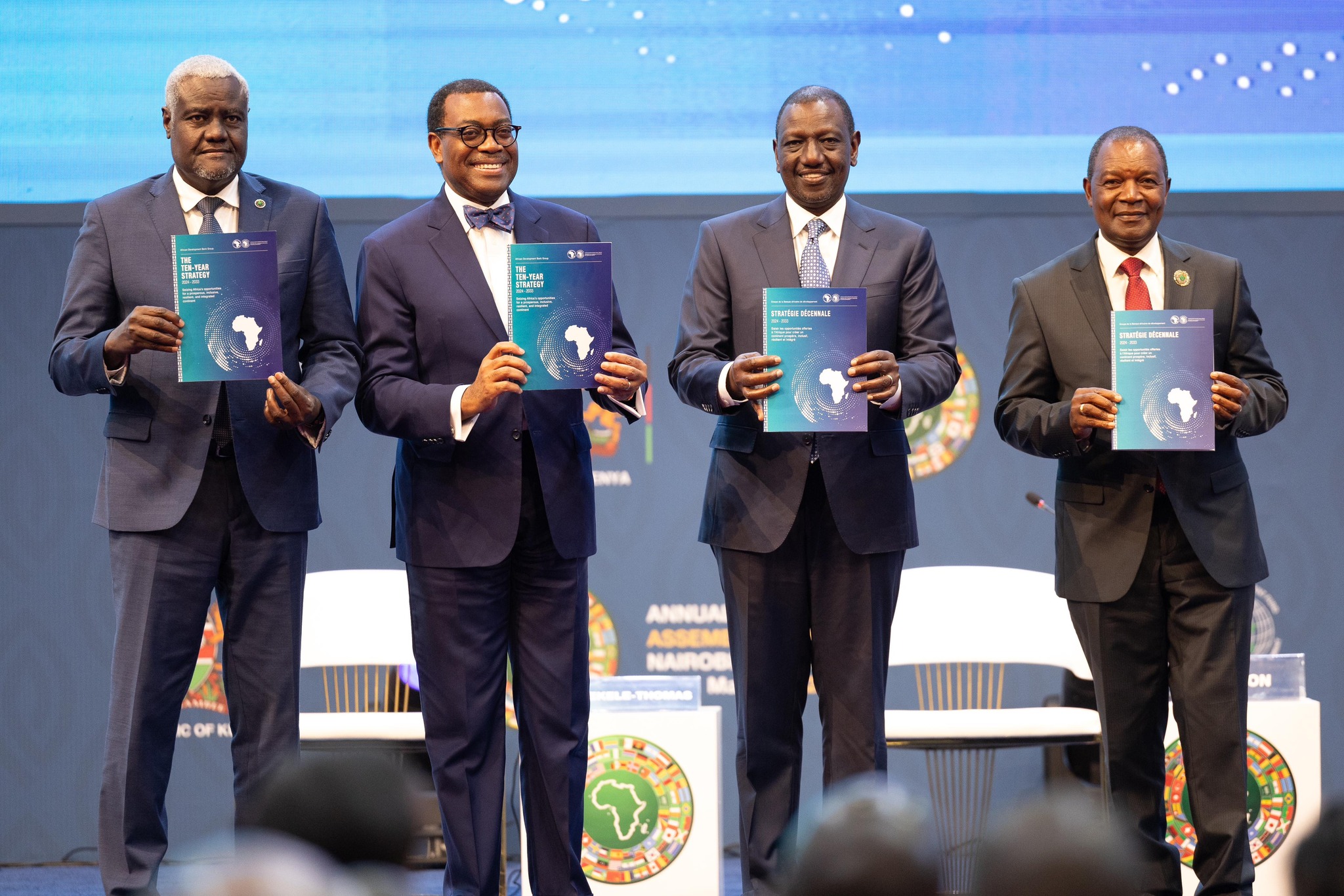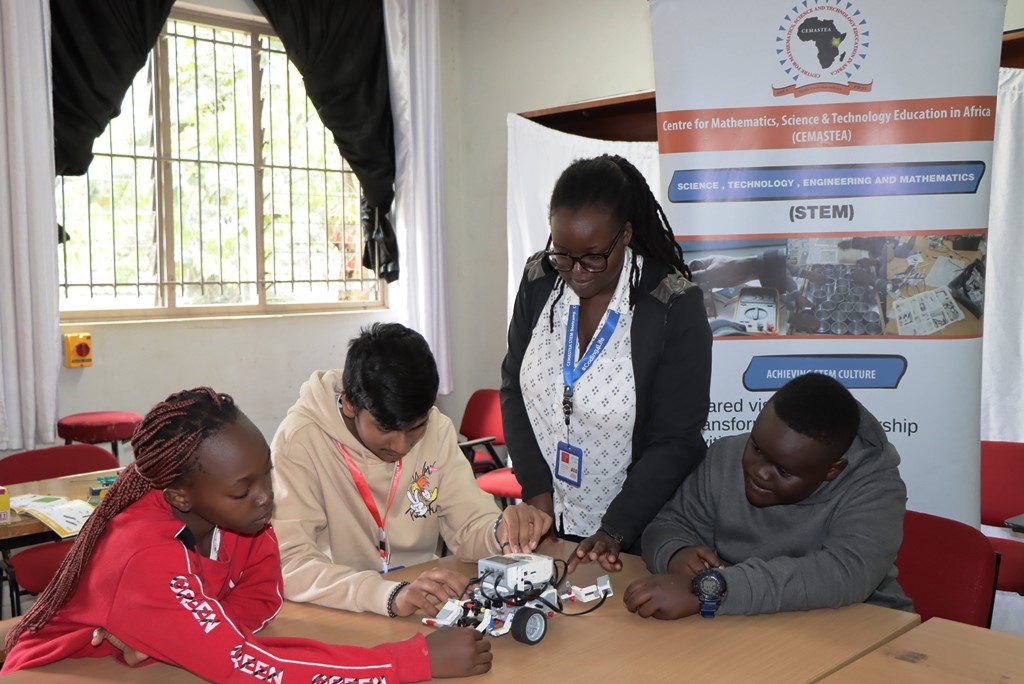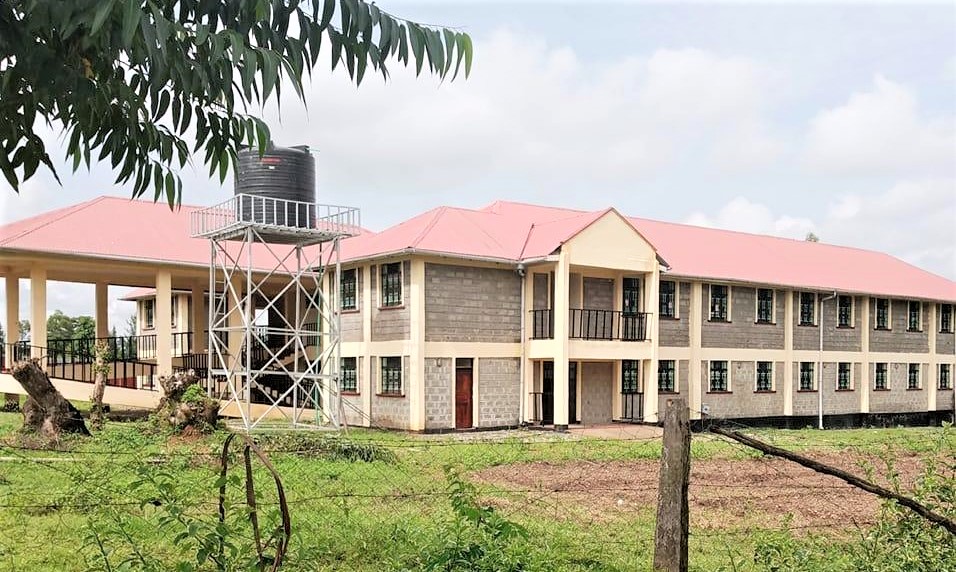African Development Bank has signed a Joint Declaration of Intent with Deutsche Gesellschaft für Internationale Zusammenarbeit (GIZ) to scale up joint commitments to skills development to enhance youth employability in Africa.
The collaboration through the Build4Skills initiative will place youth trainees for workplace training within Bank-supported infrastructure projects in agriculture, water or transport sectors for 6 to 12 months.
Build4Skills aligns with the bank’s Action Plan on Skills for Employability and Productivity in Africa 202,1which aims to support a skilled and productive labour force.
The declaration was signed during a panel discussion at the bank’s 2024 annual meetings in Nairobi
The bank organized the event entitled “Policy Dialogue on Innovative Financing for Tertiary Education in Africa: Revitalizing the Role of the Private Sector,” in collaboration with the Kenyan government, the African Union Commission, and GIZ.
It explored strategies and best practices to stimulate private-sector financing for tertiary education.
Dr Akinwumi A. Adesina, President and Chairman of Boards of Directors for The African Development Bank Group said in Kenya they supported the project to increase the number of households connected to electricity from 2.5 million to over 10 million by 2023.
President William Ruto, who attended the meeting, said it is time African integration is deepened to spur increased intra-continental trade.
This intervention will accelerate economic growth and generate more productive jobs for millions of our young people.
Birgit Pickel, Director-General Africa, German Federal Ministry for Economic Cooperation and Development (BMZ), said it was the first Declaration of Intent between the two organizations in the field of education.
“The Joint declaration is a sign of our intent to scale up our joint commitment to vocational training and skills development in African countries. In light of the current challenges, this is more urgent than ever,” Pickel said.
The African Development Bank has been actively engaged in education and skills development since 1975, committing significant resources to strengthening science, technology, engineering and mathematics (STEM) infrastructure at tertiary levels and enhancing sector policy environments.
Dr Beth Dunford, the bank’s Vice President for Agriculture, Human and Social Development stated that the institution has committed $964 million to tertiary education and skills development over the past decade.
“The focus has been on strengthening infrastructure for Technical and Vocational Education and Training (TVET) and catalyzing private sector investments in skills development and job creation,” Dunford stressed.
She highlighted the bank’s $80 million support for Nigeria’s Ekiti State Special Economic Zone project and a $23 million investment in Rwanda’s Centre of Excellence for Aviation Skills as some of the projects that will help boost economies and create jobs.
Prof Mohamed Belhocine, African Union Commissioner for Education, Science, Technology, and Innovation, said increased investment in tertiary education requires national, continental and global action.
He noted that between 2017 and 2019, only seven African countries met the required 6 per cent of GDP expenditure on education, with the average standing at around 4 per cent.
Dr James Mwangi, Group CEO of Equity Holdings, shared how collaboration with tertiary institutions is boosting human resource development across the continent. For example, he said, Equity Group has provided scholarships to at least 23,000 students in partnership with the Kenyan government.
Experts who attending the AfDB High-level dialogue in Kenya urged African nations to intensify efforts to attract private-sector financing to enhance tertiary education and equip the continent’s youth with competitive skills.
Former Tanzanian President Jakaya Kikwete, Board Chair of the Global Partnership for Education, called for a renewed commitment to increase national education expenditure to harness Africa’s demographic potential as the world’s largest future labour force.
“To build a stronger tertiary education pipeline, we need to build strong foundations with early learning, primary and secondary education to provide a talent pool of trained young people for lifelong learning that will make them thrive,” Kikwete said.
The finance institution also unveiled its new ten-year strategy 2024–2033, a blueprint to confront Africa’s pressing challenges and to help put the continent firmly back on track towards sustained economic growth and prosperity.
Other heads of State who attended the AfDB meeting include Paul Kagame (Rwanda), Emmerson Dambudzo Mnangagwa (Zimbabwe), Mohamed al-Menfi (Libya), Denis Sassou N’Guesso (Republic of the Congo), and Hassan Sheikh Mohamud (Somalia), among other leaders.
YOU MAY ALSO READ:
Half-term dates for basic education adjusted to make up for lost time
By Obegi Malack
You can also follow our social media pages on Twitter: Education News KE and Facebook: Education News Newspaper for timely updates.
>>> Click here to stay up-to-date with trending regional stories






